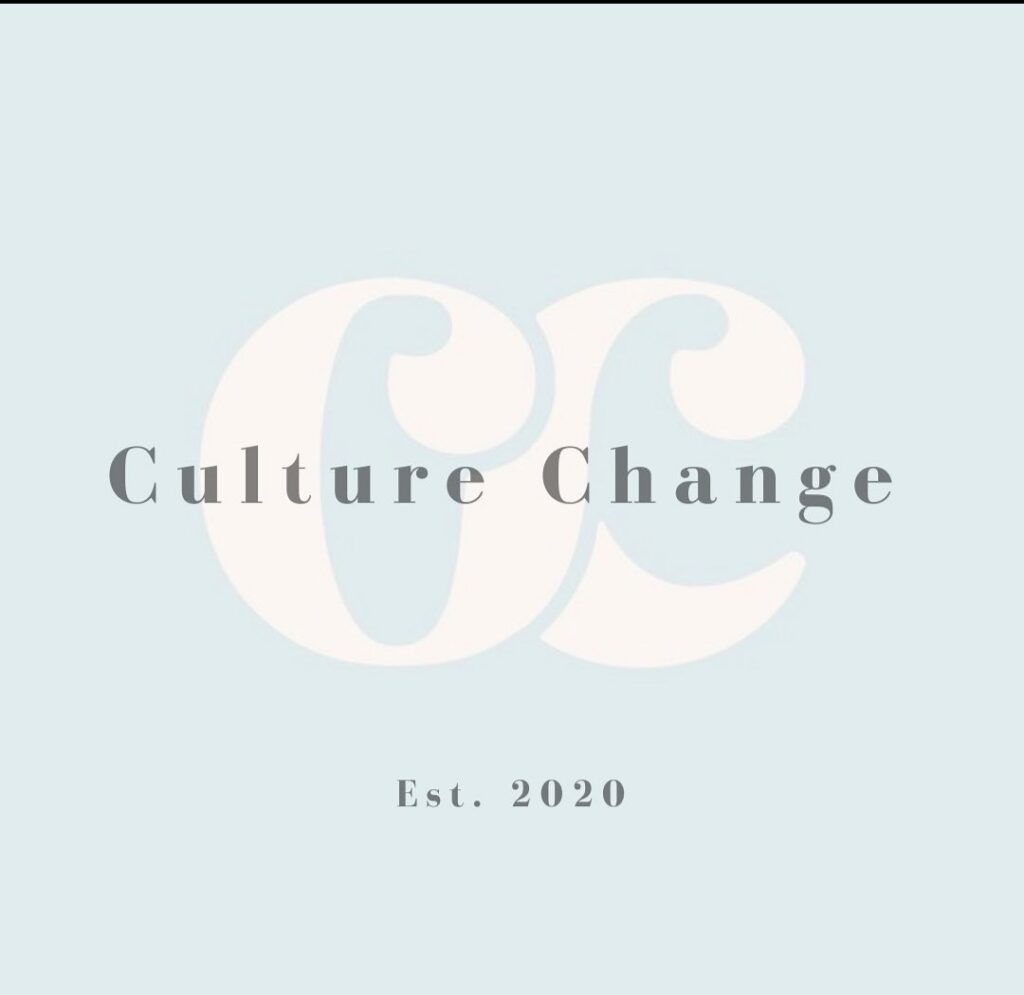by BLAKE PIESCHKE, CSU Public Relations Intern

“We are excited to talk about mental health, but we are even more excited to see the action and be about that action. Because we are going to make change and I am extremely confident in our capabilities to make change” – Seth Nilsen
Starting as an Recognized Student Organization (RSO) in December 2018 called Mental Health Mankato with three original founders of Seth Nilsen, Alex Schaumann and Alex Schmit, the RSO transitioned into a 501(c)(3) nonprofit organization by the name of CultureChange in June of 2020.
This nonprofit organization is continuing to excel at their mission of promoting access to resources through education, funding and outreach to combat the invisible disability of mental health.
CultureChange has not taken their foot off the gas in advancing their work, specifically, by expanding to more than the just the surrounding Mankato community and increasing their organization. The nonprofit has grown from four to eight board members and added to their list of accomplishments over the past few months. Still motivated by people close to them struggle with mental health, they have continued their efforts and shifted focus to educational purposes and policy changes.
To promote more educational opportunities, CultureChange established a project called “B414” to educate students under the age of 14. Based on research concluding that 50 percent of mental health disorders are present by age 14, CultureChange has worked with school districts in the New Prague ,Faribault and Mankato to further educate students on various aspects of mental health.
“We’re hoping to work with more students going forward, but also effect everything on the larger scale with policy change,” said Nilsen.
“Our next step with B414 is to take it to the Twin Cities,” Schaumann said. “With COVID restrictions, it has been tough, but hopefully in the fall we’ll get more programming in the Twin Cities district.
Working with Minnesota State University legislation, CultureChange has impacted mental health education and services in the Mankato community. A bill was recently passed that includes expanding the telehealth services, expanding educational opportunities for students and faculty and mandating mental health first aid for law enforcement, nursing and education majors.
“By providing these increased opportunities for research and education, we see this as having a positive impact on Minnesota State University students for years to come,” said Nilsen.
Also, incoming freshman in the fall will have a course available to them to inform them on what resources are available on campus.
“This will give us an opportunity to collect data from the university and we can act on it going forward better than we were able to this year,” said Schmit.
Mental health first aid courses are a great way to further educate students. Minnesota State University has offered these courses for free through the CSU to the study body at large. These courses are designed to replicate real life situations to educate on recognition of signs and symptoms of people struggling with mental illness and how people can help them.
“If anyone has the chance to take a mental health first aid course, take it,” said Schaumann.
With this increased number of services and resources, they hope to encourage students to seek help and open up about their struggles. Another important goal is educating the student body on how to help if they know someone who is showing signs.
“Opening up and being vulnerable is one of the most courageous things a person can do,” said Nilsen. These three unique men highly encourage opening up and talking with people you trust or even talking to a therapist just to have an outside perspective.
“If somebody comes to you to talk about it, just listen to them and try to see from their perspective,” Schmit said. “Mental illness is rational and a lot of times you have to understand it before you can act on it.”
CultureChange is very grateful that the student government and other leaders on campus have been so open to making these changes and being so supportive of their motives for increased services, education and awareness of this invisible disability.
“I like the name invisible disability because fixing it is going to be largely invisible,” Schmit said. “We’re not gonna see results overnight, we’re just going to know that it’s getting better.
If anyone is interested in volunteering with CultureChange, feel free to reach out at culturechangecc@gmail.com

